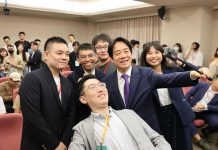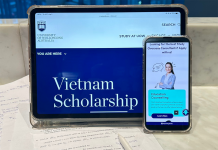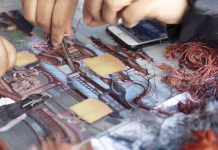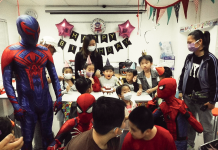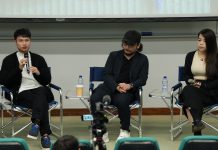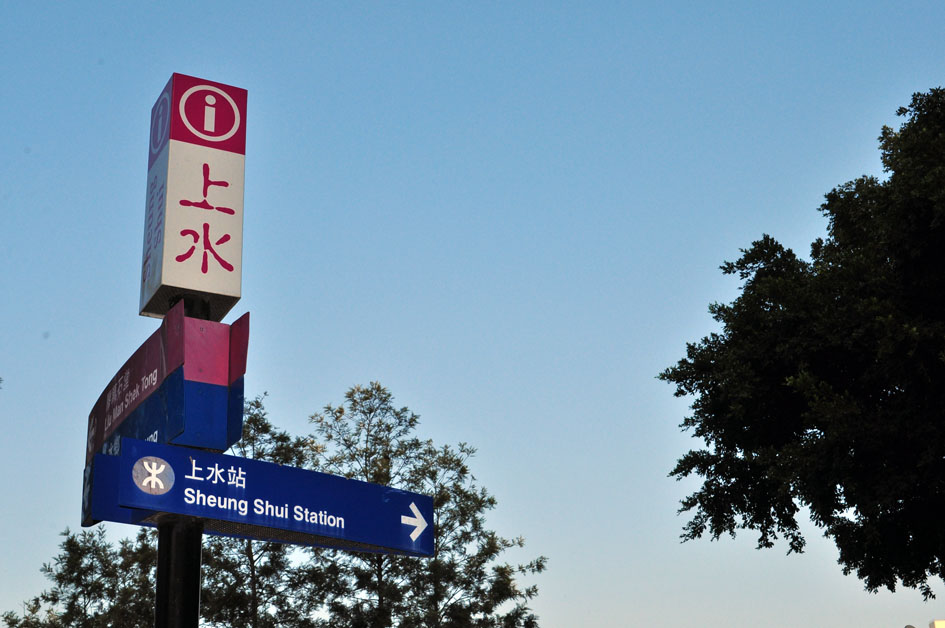Parallel traders merely the latest new phenomenon in this former rural backwater
By Ian Cheng and Natalie Cheng
Sheung Shui station is the last stop on the East Rail Line before passengers in Hong Kong reach mainland China. Positioned close to four major access points to the Mainland, today’s Sheung Shui has taken on the feel of a modern day Silk Road trading post with Chinese characteristics.
Cross-boundary parallel traders crowd the platforms of the train station with cartloads of parallel goods, ranging from milk powder and cosmetics to iPads and mobile phones, turning this former sleepy market town into a hub for those who buy goods in tax-free Hong Kong to resell in the Mainland.
The rapid development of Sheung Shui in recent years has caused some parts of it to become unrecognizable. More and more shopping centres have sprung up and the types of shops found in the town have changed as well.
Pharmacies, jewellery shops, and health care retailers and chain stores, mainly catering to mainland consumers, have multiplied, pushing out independent local businesses.
“Things cost more and there are fewer choices,” says Leung Wai-sze, a freelance writer in her early thirties who has lived in Sheung Shui since the age of two.
In September, protesters responding to a call on the internet to “reclaim” Sheung Shui, gathered outside Sheung Shui station. They complained that parallel traders had pushed up the prices of local goods and caused disturbances to daily life for residents in the town.
Leung wrote an article later that month, describing the changes and impact of development in Sheung Shui since the 1980s.
“I tried to interpret my feelings… that is to say if I want to ‘reclaim’ anything, then it is the life that we had always enjoyed before [in Sheung Shui],” she says.
The article struck a chord and was widely shared on social networking sites. Among those who share her sentiments is Andrew Choi Tsz-hong, a 22-year-old journalist who was born and raised in Sheung Shui. Choi feels uncomfortable about the changes to his home town to the point where he feels it is gradually being stolen by mainlanders.
“Shopping in Tsim Sha Tsui is acceptable, as Hong Kong is a tourist place, a shopping paradise. However, Sheung Shui is not for tourists. Buying daily necessities that are supposed to be for local residents is not a normal phenomenon,” Choi says.











